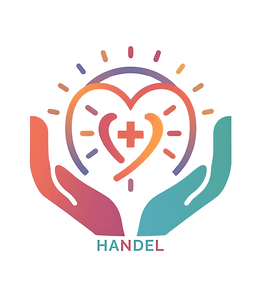top of page

Hello, hoi!
Welcome to my research website.
I'm a law professor and researcher working at the intersection of health, law, and technology. My work explores the legal rules governing new technologies in healthcare settings, from AI-powered surgical tools to digital health platforms. Drawing on my background as a litigator in the U.S. and my comparative research across Europe, I'm interested in the practical questions that emerge when innovation meets the messy realities of medical practice: Who's responsible when technology fails? How do we protect patients while enabling progress? And what does accountability look like in an increasingly complex healthcare landscape?
Research
bottom of page
_edited_edited_edited_edited.jpg)
.png)

